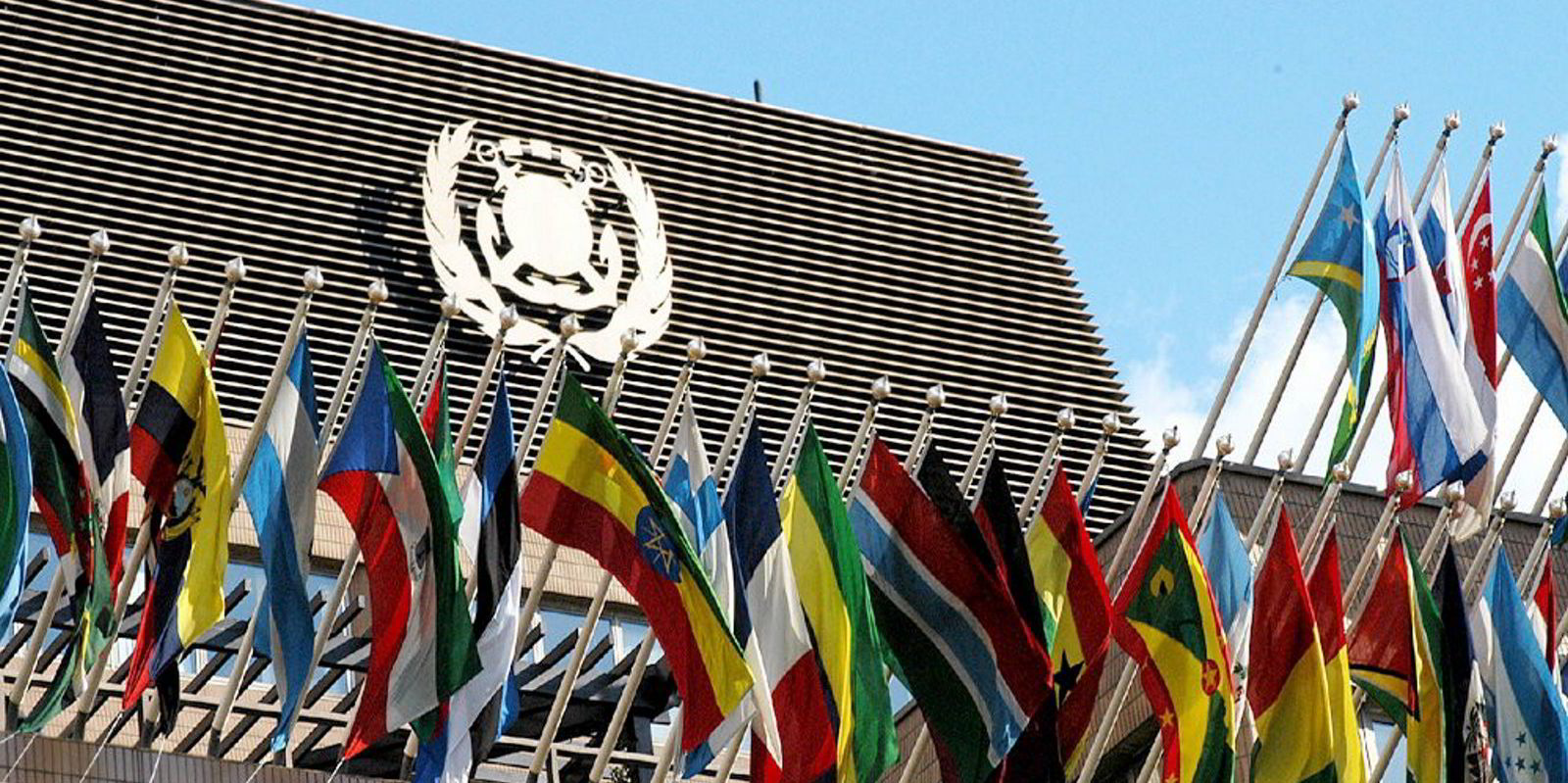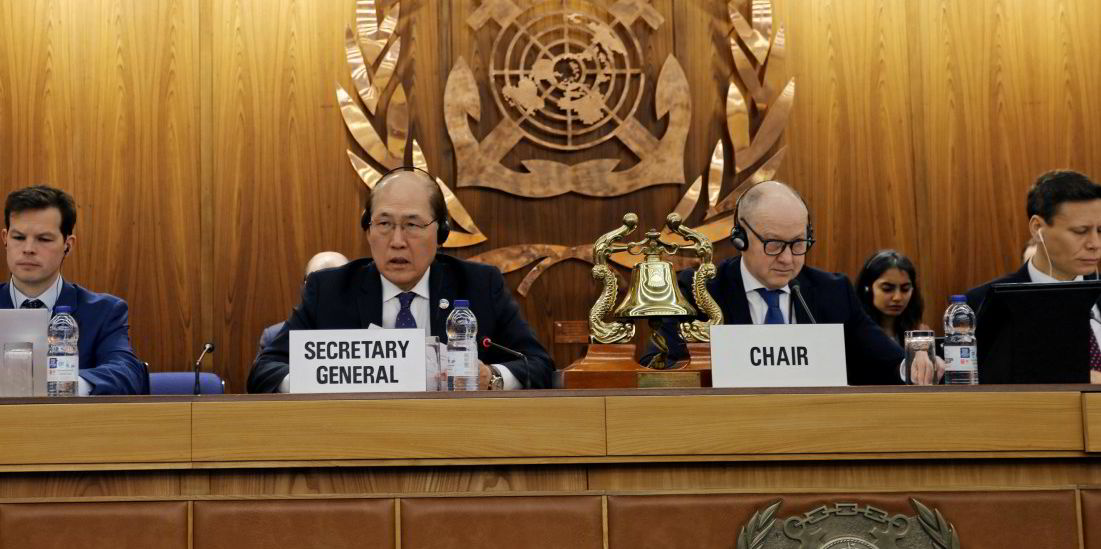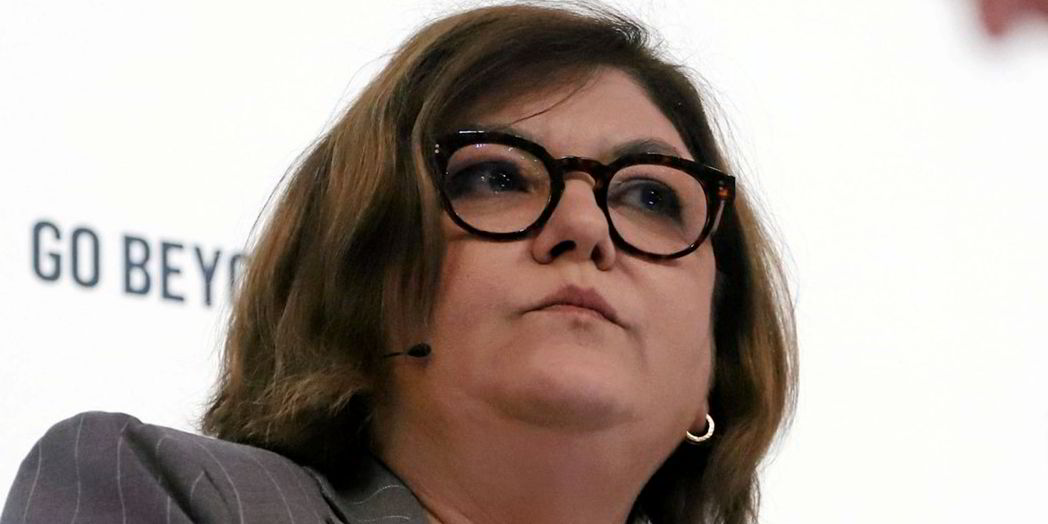The International Chamber of Shipping (ICS) is disappointed by the lack of progress at a meeting to raise decarbonisation targets.
An intersessional working group meeting at the International Maritime Organization this week was hoping to gather consensus on a 2050 target of zero greenhouse gas emissions , which could be approved by governments at a July meeting.
While most nations backed raising the ambition to match the Paris 1.5C agreement, countries including China, Russia, Saudi Arabia, Argentina and Brazil voted against it.
The ICS said the gathering did not meet expectations, but it is still hopeful the IMO can commit to higher targets this summer.
“We are disappointed by the lack of progress on setting new levels of ambition for GHG reductions to provide shipping with a clear net zero target for 2050. But we remain optimistic that a deal can still be stuck at the crucial Marine Environment Protection Committee [MEPC] meeting in July,” said ICS secretary general Guy Platten.
There is one more intersessional meeting on reducing GHG emissions the week before the decisive MEPC meeting.
Commercial advisory service UMAS, a part of the UCL Energy Institute, said there was increased clarity on future targets at the IMO’s intersessional meeting, but added that the regulator lacked commitment to ensuring the transition would be fair to all countries.
“This meeting marked a growing clarity on likely ambition for 2050 and also 2040, which is a positive sign for an equitable transition which, at its core, requires targets aligned with limiting temperature rise to 1.5C or below,” said Dr Aly Shaw, policy lead at UMAS.
“However, despite the repeated support across meetings for a just and equitable transition that leaves none behind, there is little sign of this commitment being embedded throughout the revised strategy as of yet.”
UMAS said a large majority of speakers at the meeting were committed to zero emissions by 2050.
UMAS director Dr Tristan Smith said: “Reading from the numbers of how many support high ambition outcomes, there are positive signs. But this is a simplistic way to estimate how these debates will conclude.”

The environmental lobby group Clean Shipping Coalition said 45 IMO member states are now backing proposals for the IMO to target zero emissions by 2050 to keep shipping in line with the Paris Agreement.
Those 45 were the EU27, US, UK, Canada, Japan, Fiji, Marshall Islands, Solomon Islands, Vanuatu, Mexico, Norway, Bahamas, New Zealand, Australia, Kiribati, Tonga, Panama, Cook Islands, and Turkey.
There is similar support for intermediary targets in 2030 and 2040.
But the Clean Shipping Coalition pointed out that a group of 13 countries opposes increasing the IMO’s current target of halving emissions by 2050 compared with 2008 levels.
Those 13 were the United Arab Emirates, Argentina, Ecuador, China, India, Bangladesh, Brazil, Saudi Arabia, Egypt, Uruguay, Peru, Russia and South Africa.
The IMO meeting was held the same week as the IMO came under pressure to act quickly. An Intergovernmental Panel on Climate Change (IPCC) report suggested that immediate action by all industry sectors represented the last chance for the world to keep climate change in check.
At the same time, the European Union introduced its own law, FuelEU Maritime, requiring an 80% reduction in the carbon intensity of marine fuels by 2050.
Zero-emission ships
A key measure to promote the decarbonisation of shipping will be the development of a market-based measure to incentivise the building of zero-emission ships.
The ICS has tabled its own proposal and Platten said the IMO meeting had recognised the benefit of its scheme.
“More positively, governments are increasingly understanding the value of the ICS Fund and Reward proposal to accelerate the production and uptake of low and zero-carbon fuels,” he said.
The Clean Shipping Coalition is calling for a levy of at least $100 per tonne of GHG, combined with a fuel greenhouse gas standard to drive emission reductions over time.
The funds would be used for the development of zero-emission technologies and to assist the most vulnerable countries with addressing the impacts of climate change.





